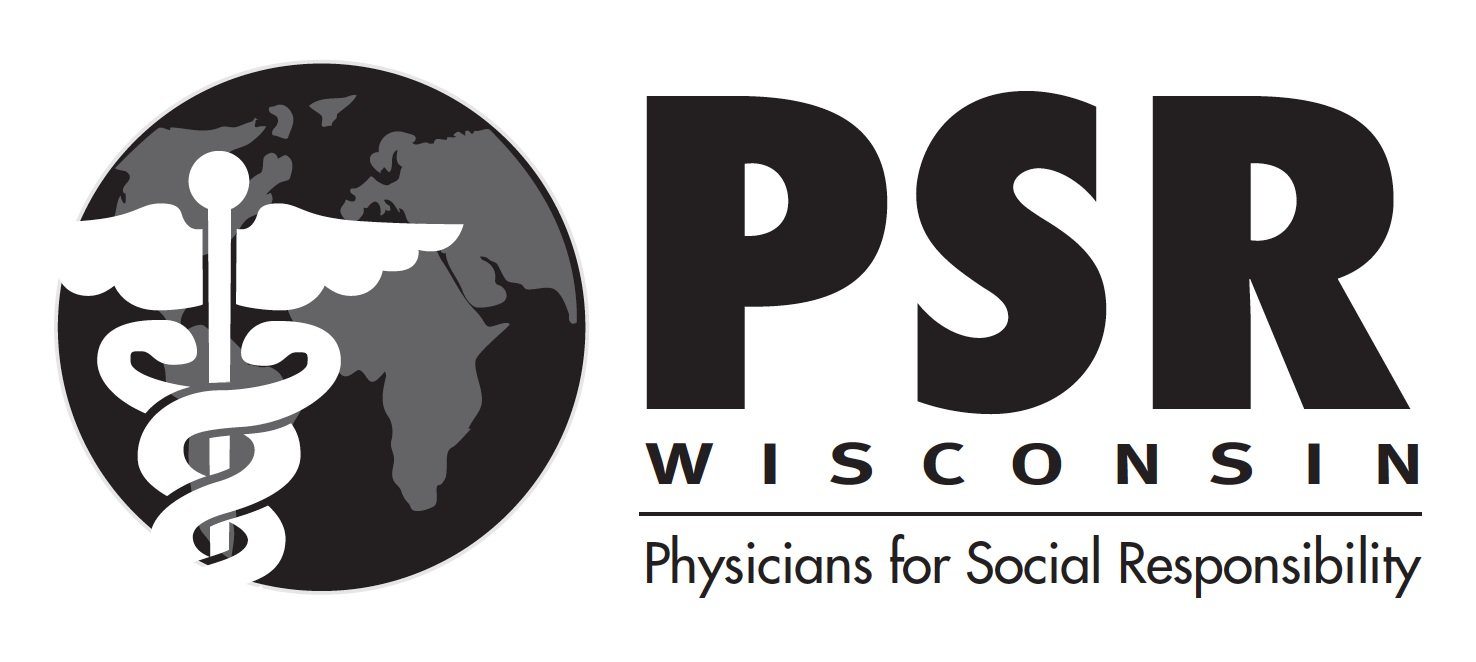The Big Share
Tuesday, March 5th, 2024
Information
What is the Big Share?
The Big Share is an online day of giving hosted by Community Shares of Wisconsin. PSR Wisconsin is just one of nearly 70 non-profits included in this fun, interactive, and engaging fundraiser. Participants can feel confident about their donation through GiveGab.
For more information specific to the Big Share, please visit https://www.thebigshare.org/.
What to expect as a donor?
The Big Share offers a variety of prizes, incentives, and opportunities for participating organizations and members. See below for the step-by-step tutorial of how to donate.
Directions…
-
Access the Big Share website, hosted by Community Shares of Wisconsin. Click below to go directly there!
-
Once at the homepage, scroll down until you see the section titled “Search for an Organization to Support”. You can use the search engine(s) to quickly located your preferred organization OR view all participating organizations by clicking “View All”. See all participating organizations by clicking here.
-
You can access the Organization’s fundraising page by clicking on the name. (PSR Wisconsin/WEHN’s page). Alternatively, you can view the organization’s fundraising page by clicking the blue “view” button.
-
You can enter your desired donation amount by either:
1) Clicking the blue “donate” button directly on the search results
OR
2) clicking the green “donate” or blue “chose your own amount” on the organization’s official fundraising page.
TO DONATE DIRECTLY TO PSR WISCONSIN/WEHN: https://www.thebigshare.org/donate?campaign_id=192832
What are the incetives for participants?
The Big Share offers a variety of prizes for donations. See below for a description of the prize types, as well as specific detail for each for 2024.
-
One $750 prize will be awarded to the organization that receives the first donation at the official start of The Big Share at 6:00 p.m. on Monday March 4. Groups that win the First Donation Prize cannot win the Last Donation Prize. Online donations only.
-
The organization with the most dollars raised between 6:00-7:00 p.m. on Monday, March 4 will win an additional $2,000. Each group can only win 1 Power Hour. Groups that win a Power Hour cannot win Golden Tickets.
OR
The organization with the most unique donors between 6:00-7:00 p.m. on Monday, March 4 will win an additional $2,000. Each group can only win 1 Power Hour. Groups that win a Power Hour cannot win Golden Tickets.
Sponsored by MG&E
-
The organization with the most dollars raised between a 1 hour Power Hour window will win an additional $1,000. Each group can only win 1 Power Hour. Groups that win a Power Hour cannot win Golden Tickets. Power Hour windows include: 6am - 7am; 8am - 9am; 10am - 11am; 12pm - 1pm; 2pm - 3pm; 5pm - 6pm; 7pm - 8pm.
-
The organization with the most unique donors between a 1 hour Power Hour window will win an additional $1,000. Each group can only win 1 Power Hour. Groups that win a Power Hour cannot win Golden Tickets. Power Hour windows include: 6am - 7am; 8am - 9am; 10am - 11am; 12pm - 1pm; 2pm - 3pm; 5pm - 6pm; 7pm - 8pm.
-
7:45am-
Match Minute starts at 7:45 a.m. All online donations during this minute are matched up to $1,000 for one minute in proportion to the number of nonprofits receiving donations during that time until the match runs out. All groups are eligible for this prize regardless of if they have won a prize previously.
3:30pm-
Match Minute starts at 3:30 p.m. All online donations during this minute are matched up to $5,000 for one minute in proportion to the number of nonprofits receiving donations during that time until the match runs out. All groups are eligible for this prize regardless of if they have won a prize previously.
-
For large and small organizations.
A donor who gives during a Golden Ticket hour (10pm - 11pm & 11pm - 11:59pm) will be randomly drawn and the nonprofit they donated to receives a $250 prize. Power Hour winners are not eligible for Golden Ticket prizes. Each group can only win 1 Golden Ticket prize.
-
1 $750 prize will be awarded to the organization that receives the last donation at the official END of The Big Share at 11:59:59 p.m. on March 5. Groups that win the First Donation Prize cannot win the Last Donation Prize. Online donations only.
-
One $500 prize will be given to nonprofits participating in The Big Share 2024 for the most creative video, live or produced. This prize is sponsored by designCraft Advertising.
-
$500 to the member group who has the highest number of fundraising champions for their organization that raise dollars on TheBigShare.org site.

